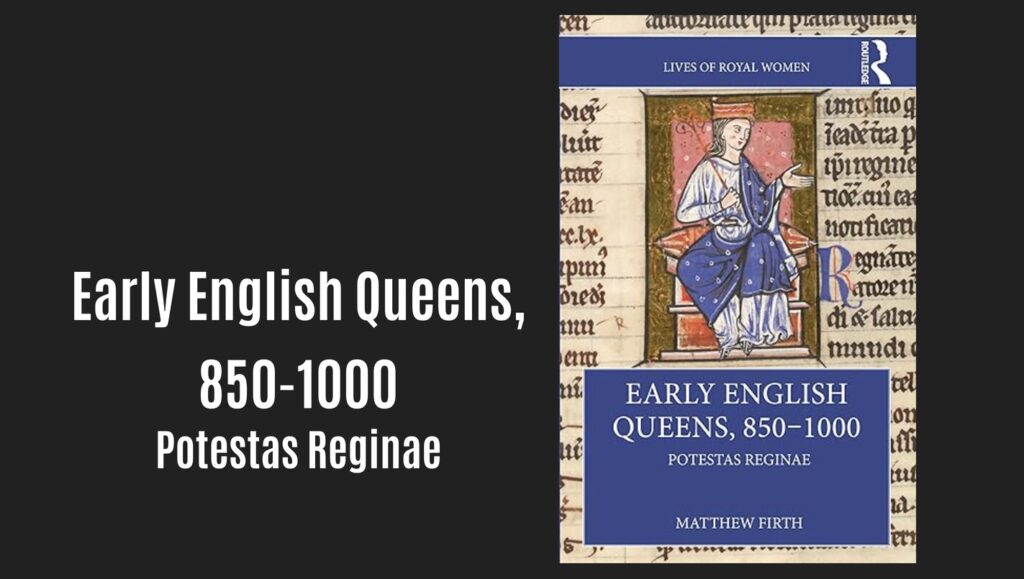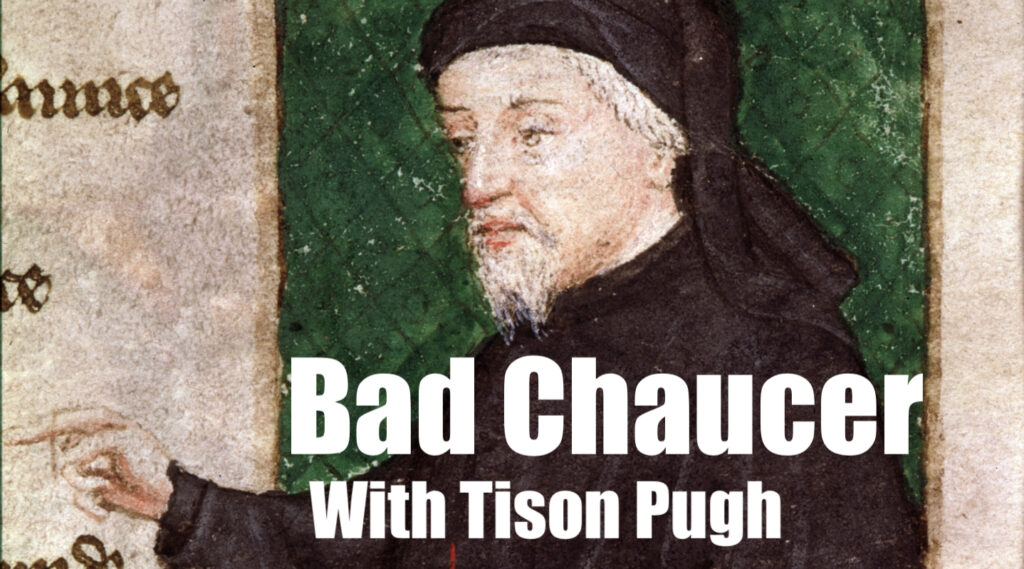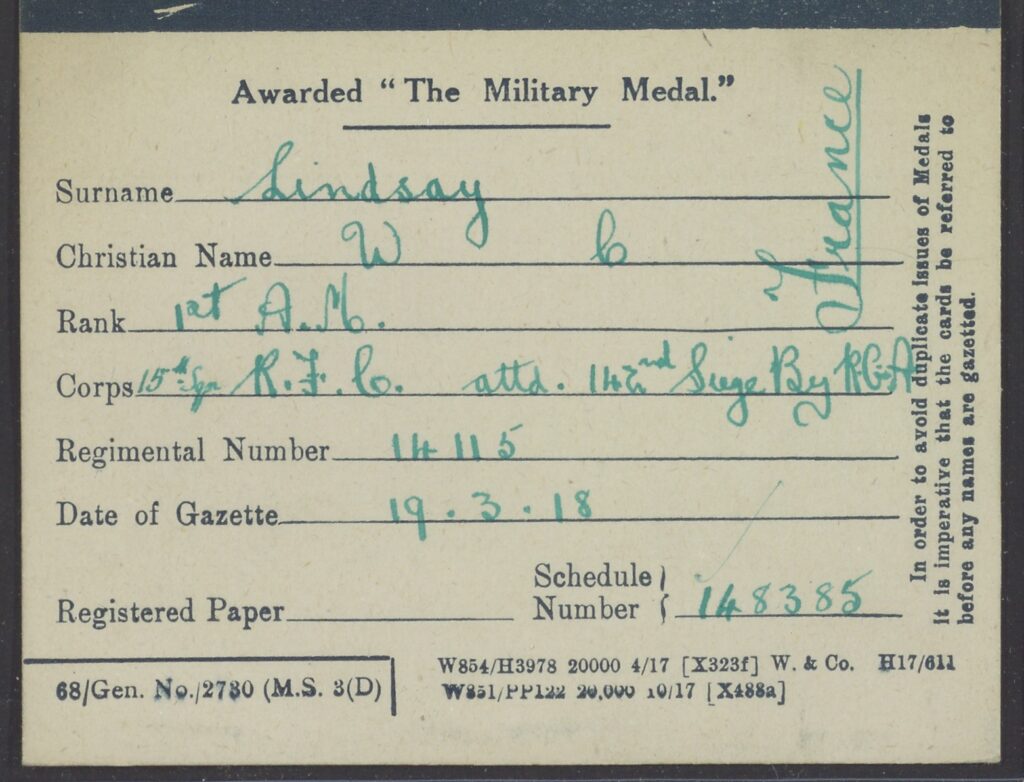Early English Queens, 850-1000: Potestas Reginae
By Matthew Firth
Routledge
ISBN: 978-0-367-76093-9
A look at queenship in early medieval England, this book focuses on three women: Æthelflæd, Lady of the Mercians, Eadgifu of Wessex, and Ælfthryth, Queen of the English. It examines the nature and role of their authority when it came to ruling England.
Excerpt:
Between this wider narrative of English queenship and the biographies of women such as Æthelflæd, Eadgifu, and Ælfthryth which underpin it, three central themes emerge which lie at the heart of this study. The first of these is the development of institutional queenship. Throughout the period 850–1000, the role of queen gradually expanded beyond merely being the king’s consort, to something akin to an ‘office’ with its own responsibilities, revenues, and prerogatives.
The second theme is the life cycles of queenship. While potestas reginae – the authority of the queen – was defined by her relationship to the king, this did not mean that king was her husband. The attainment of queenship may have been predicated on marriage to the king, but it did not cease when the king died; it had its own life cycle. Upon her husband’s passing, a queen consort could transition into roles as queen dowager, queen mother, or queen regent, each with its own attendant, if reconstituted, degree of prestige and authority.
The final theme is what is termed here ‘queenly afterlives’, or the reception of individual royal women’s legacies. Many queens had long after-lives in Anglo-Norman histories, chronicles, and hagiographies, their varied reputations informed by regional tradition, political concerns, and ecclesiastical anxieties. Such legacies are persistent and quite often informative, both for the historical narratives they present and for the evidence they provide of the continued evolution of societal attitudes toward female power. In exploring these themes, this book sets out to offer more than a biographical study of three remarkable political women, it is intended as a biography of English queenship itself over 150 years.
Who is this book for?
Most books on early medieval queens in England focus primarily on narrative histories, but this new work breaks fresh ground by examining their role in state politics. This approach makes it a valuable resource for anyone researching England in the ninth and tenth centuries, as well as the broader study of medieval queenship.
The Author
Matthew Firth is Associate Lecturer at Flinders University. His research focuses on historiography, cultural memory, and the transmission of historical narrative, particularly in early medieval Europe. You can also follow him on X/Twitter @_MattFirth_
You can learn more about this book from the publisher’s website.
You can buy this book on Amazon.com | Amazon.ca | Amazon.co.uk
Found some fun mail waiting for me when I got back from holidays!
Early English Queens, 850-1000 is officially released on Tuesday!https://t.co/5ECTkhiYxU pic.twitter.com/f6QOvG9sM7— Dr Matt Firth (@_MattFirth_) April 21, 2024
Subscribe to Medievalverse


